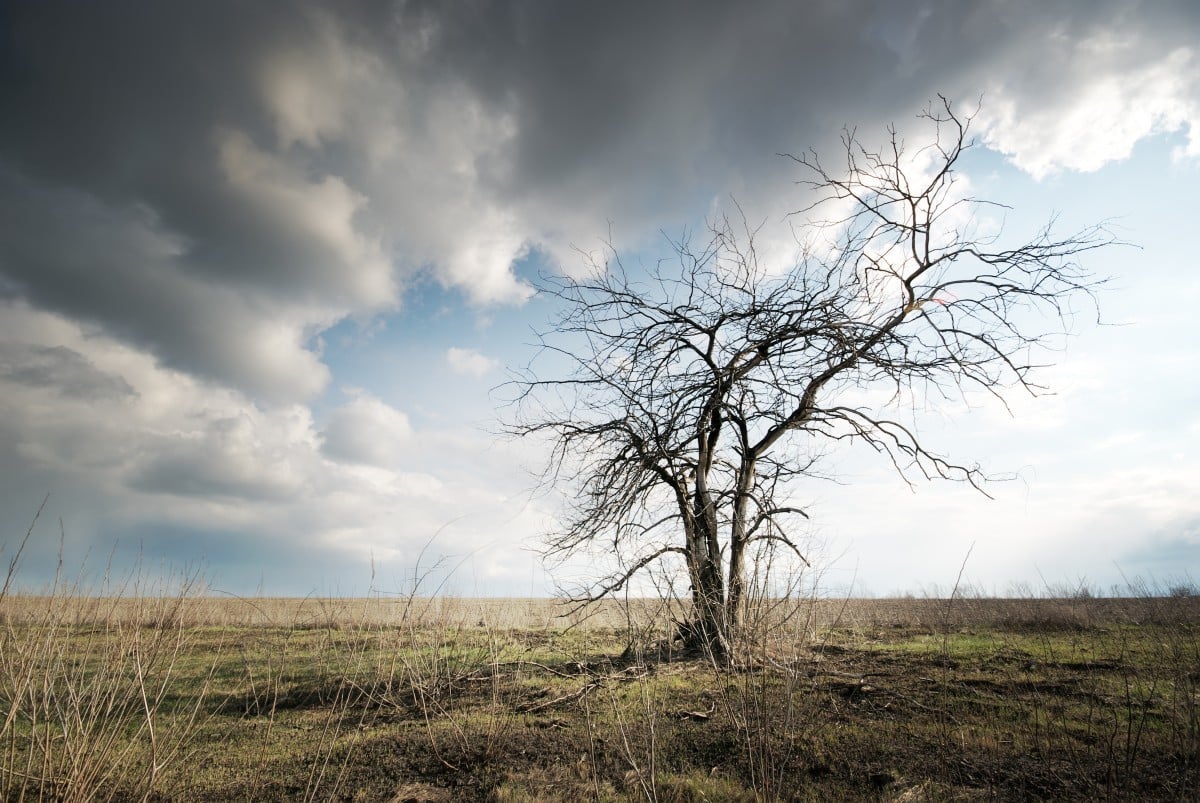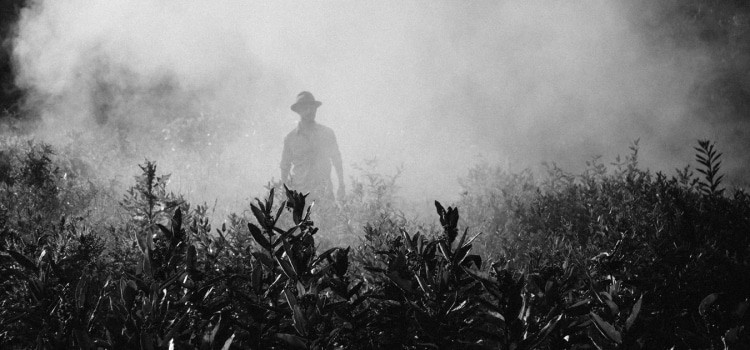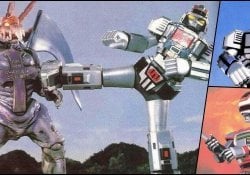Get ready to dive into the fascinating and sometimes dark world of the Japanese language as we explore the different ways to say “death”. In this article, we will discuss the various words and expressions used to describe death and their cultural implications.
With a rich tapestry of words and expressions, Japanese offers a myriad of ways to describe and discuss death, from poetic and symbolic terms to more direct and factual descriptions. Ready to increase your Japanese vocabulary?
We also recommend reading:
- Shinigami - Do you know these gods of death?
- Junko Furuta – All About the Worst Death in History
- Shigo Rikon - Do the Japanese divorce after death?
The meaning of Shi [死] - death in Japanese
The most basic and straightforward word for “death” in Japanese is 死 (し, Shi). This simple yet powerful word carries significant weight and is used in a variety of situations, from everyday conversations to formal contexts.
"Shi" also appears in various expressions and combinations of words, such as 死亡 (しぼう, shibō) for "death" or "death" and 死んでしまう (しんでしまう, Shinde Shimau) to "die" or "die".
The kanji 死 is a combination of the characters 歹 (がつへん, gatsuhen), meaning "death", and 匕 (ひ, hi), a pictogram representing a person bowing. Together they convey the concept of death as a passage or transformation.
We recommend reading: Sanpaku Eyes – Superstition, Death and Meaning

[逝去] Seikyo - Venerable Death
The word 逝去 (せいきょ, Seikyo) is another way of saying “death” in Japanese, but with a more respectful and reverent connotation. “Seikyo” is often used when referring to the death of important or respected people, such as leaders and public figures, highlighting the admiration and respect society has for them.
"Seikyo" is composed of the Kanji 逝 (せい, I know), which means "to leave" or "go away", and 去 (きょ, kyo), which means "departure" or "death". Together they convey the idea that death is a respectful and honorable match of the living world.
[枯れる] KARERU - Death in Nature
Another interesting word related to death in Japanese is 枯れる (かれる, kareu), which means "die" or "dry" in the context of plants and trees. "Kareru" is often used in poetry and literature to describe the passage of time and the transformation of life and nature.
The kanji 枯 (かれ, Kare) is composed of the characters 木 (き, Ki), which means "tree" or "wood", and 歹 (がつへん, gatsuhen), which, as mentioned earlier, means "death". Together they illustrate death in nature, as when a tree loses its life and withers. This poetic and symbolic image evokes the passage of time and the impermanence of life.

The article is still halfway through, but we recommend also reading:
[亡くなる] Nakunaru - The Mysterious Death
The word 亡くなる (なくなる, nakunaru) is another way to express "death" in Japanese, usually used in more informal contexts and in everyday conversations. "Nakunaru" is a softer and more indirect way to refer to death, often used to avoid the most direct and heavy word "Shi".
The kanji 亡 (な, na) means "disappear" or "lose". Combined with なる (く, Naru), which indicates a state change, "Nakunaru" conveys the idea that someone or something has disappeared, or gone, instead of referring directly to death.

[殺す] Korosu - The action of killing
The word 殺す (ころす, korosu) is a verb in Japanese which means "kill" or "murder." Unlike the other words mentioned earlier, "Korosu" does not only refer to the concept of death, but also implies an intentional and direct action resulting in someone's death. "Korosu" is often used in contexts such as crimes, conflicts and fictional stories.
The kanji 殺 (ころ, koro) consists of two characters: 歹 (がつへん, gatsuhen), which represents "death", and 朱 (しゅ, shu), which means "red" or "red paint". Together they symbolize the idea of violent or bloody death related to a deliberate action to take one's life.
"Korosu" also appears in various expressions and combinations of words, such as 自殺 (じさつ, jisatsu) for "suicide" and 殺人 (さつじん, satsujin) for "murder". These variations highlight different aspects and contexts related to the action of killing and death itself.
With the inclusion of “Korosu”, we now have an even more complete picture of the many ways death is approached in the Japanese language, from general concepts to specific and intentional actions. This illustrates the complexity of the language and its ability to express a wide range of emotions, situations and meanings related to this universal theme.

[寿命] - Jumyō - Natural Death
寿命 (じゅみょう, Jumyō) is a Japanese word that refers to a person's lifespan or natural lifespan. While it does not directly mean "death", it does imply the end of life as a result of natural causes such as age or non-violent illness.
[突然死] - TOTSUZENSHI - Death Subites in Japanese
突然死 (とつぜんし, Totsuzenshi) is a Japanese word meaning "sudden death". This word describes death that occurs unexpectedly and without warning, usually due to natural causes such as a heart attack or stroke.
Other words related to death in Japanese
Finally, we will leave you a list of words related to death or killing in the Japanese language:
- 葬儀 (そうぎ, Sōgi) - Funeral
- 葬式 (そうしき, Sōshiki) - funeral ceremony
- 墓 (はか, Haka) - Tomb
- 墓地 (ぼち, Bochi) - Cemetery
- 遺体 (いたい, Itai) - Corpse (alternative to 死体)
- 遺灰 (いかい, Ikai) - Ashes (after cremation)
- 遺族 (いぞく, Izoku) - bereaved family
- 弔う (とむらう, Tomurau) - Lament, express condolences
- 喪 (も, Mo) - Grief
- 葬列 (そうれつ, Sōretsu) - Funeral procession
- 霊柩車 (れいきゅうしゃ, Reikyūsha) - Funeral car
- 火葬 (かそう, Kasō) - Cremation
- 冥土 (めいど, Meido) - world of the dead, underworld
- 生死 (せいし, Seishi) - Life and death
- 死神 (しにがみ, Shinigami) - God of Death, Reaper
- 亡骸 (ながらえ, Nagarae) - mortal remains
- 菩提 (ぼだい, Bodai) - Spiritual enlightenment, liberation from the cycle of life and death (Buddhist concept)
- 鎮魂 (ちんこん, Chinkon) - Rest of souls, eternal rest
- 遺言 (いげん, Igen) - testament, last words
- 墓参り (はかまいり, Hakamairi) - visit someone's grave
- 悼む (いたむ, Itamu) - Mourning, feeling the loss of someone
- 輪廻 (りんね, Rinne) - Cycle of rebirth and death, reincarnation (Buddhist concept)
- 死を迎える (しをむかえる, Shi o mukaeru) - Meet death, die
- 遺品 (いひん, Ihin) - Belongings of the deceased, keepsakes






